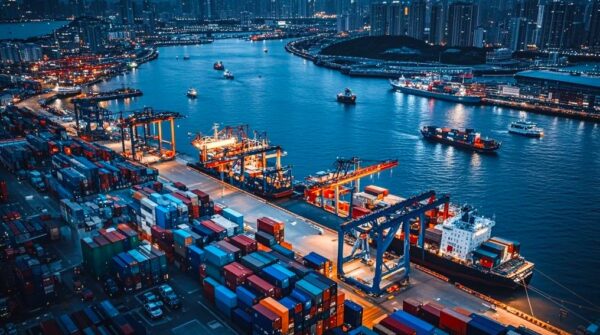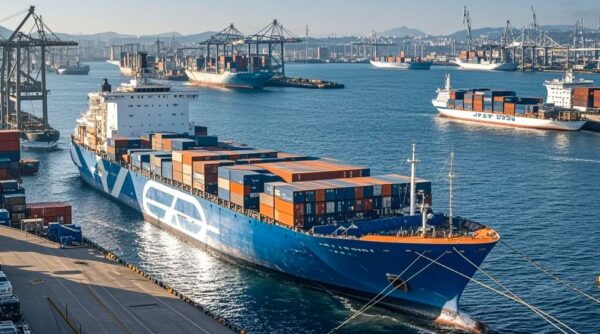CIF, short for Cost, Insurance, and Freight, is a commonly used shipping term in international trade. It specifies the responsibilities of both buyers and sellers during the transportation process. Understanding the CIF meaning in shipping is crucial for businesses engaging in global trade, as it helps define who covers costs and bears risks at different stages of the shipment.

Understanding the CIF Meaning in Shipping
The CIF meaning in shipping is based on three key elements:
- Cost: The seller pays for the transportation of goods to the port of destination.
- Insurance: The seller provides insurance coverage for the shipment, protecting it against potential risks such as damage or loss.
- Freight: The seller handles the freight charges necessary to deliver the goods to the destination port.
Under CIF terms, the seller is responsible for the goods until they are loaded onto the shipping vessel. From this point onward, the buyer assumes all risks, even though the seller continues to cover the cost of transportation and insurance until the goods reach the port of destination.
This structure makes CIF a widely accepted and convenient option for international transactions, but it requires a clear understanding of its implications for both parties involved.
Benefits of CIF Shipping
The CIF meaning in shipping includes several advantages for buyers, particularly those new to international trade:
- Simplified Process: With the seller managing the transportation and insurance, the buyer faces fewer logistical challenges.
- Risk Mitigation: Insurance coverage ensures that the shipment is protected during transit, reducing financial risks for both parties.
- Global Standard: CIF is recognized worldwide under the Incoterms framework, providing clarity and consistency in international trade agreements.
These benefits make CIF a popular choice in various industries, especially for high-value goods that require insurance coverage during shipping.

Potential Limitations of CIF
Despite its advantages, CIF may not always be the ideal choice for every buyer. A key drawback is that the buyer has little control over selecting the freight carrier and insurance provider. This could lead to higher costs or less favorable terms.
Additionally, since the risk shifts to the buyer once the goods are loaded onto the vessel, it’s essential to ensure clear communication and agreement between both parties regarding the shipping terms. Understanding the CIF meaning in shipping helps businesses assess whether it’s the best option for their specific needs.
Why Choose Interfreight for CIF Shipping?
When dealing with CIF shipping, partnering with a reliable logistics provider is essential. Interfreight specializes in offering efficient, secure, and cost-effective international shipping solutions. Their expertise ensures every aspect of the CIF agreement—from cost management to insurance and freight—is handled with precision.
For businesses seeking comprehensive shipping solutions, Interfreight stands out as a trusted partner. With a focus on reliability, cost efficiency, and customer satisfaction, they make understanding and implementing the CIF meaning in shipping effortless.


